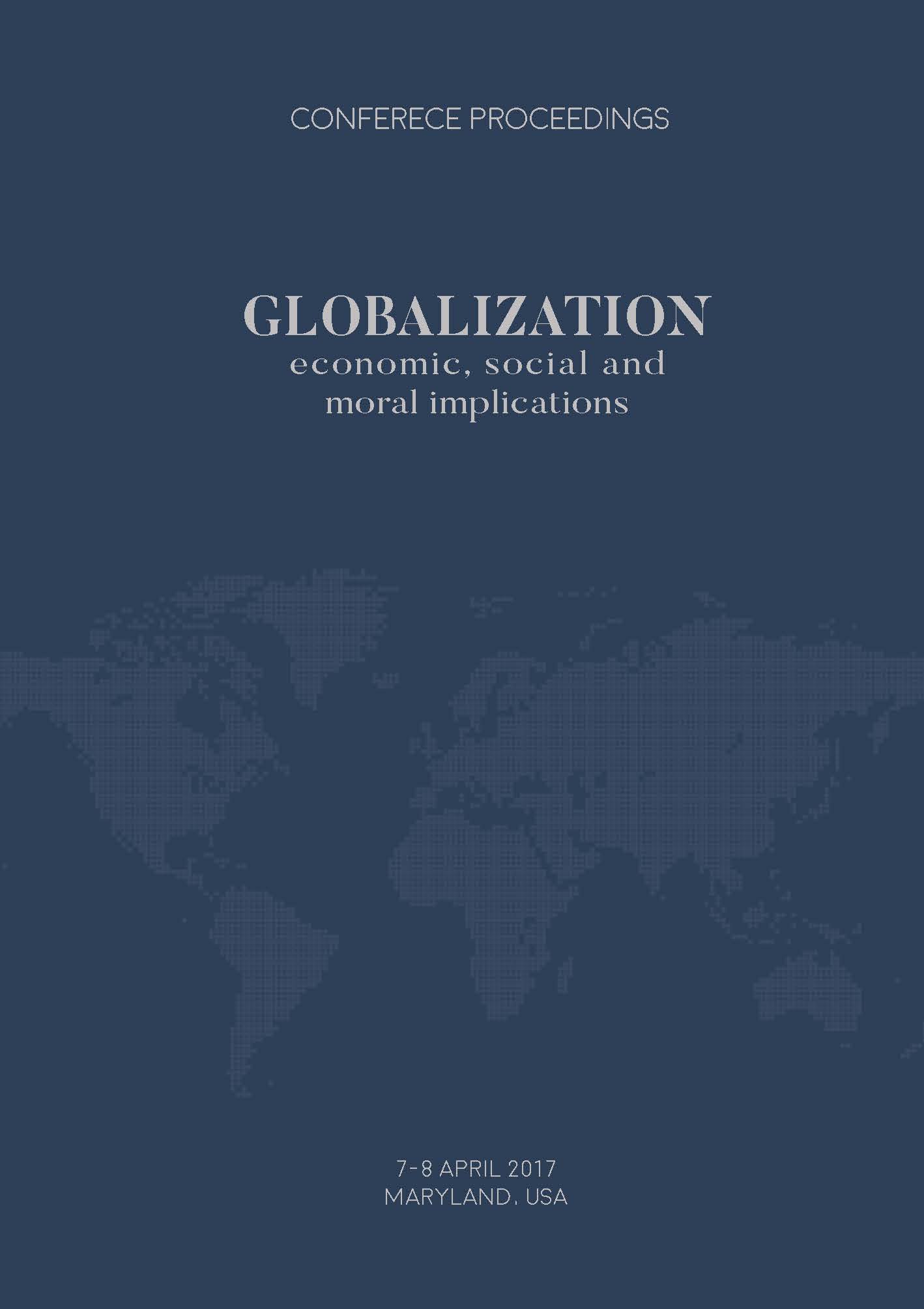The Effects of the Recent Economic and Financial Crisis on the Romanian Economy
The Effects of the Recent Economic and Financial Crisis on the Romanian Economy
Author(s): Elena Pelinescu, Mihaela Simionescu
Subject(s): Economy
Published by: Scientia Moralitas Research Institute
Keywords: economic crisis; monetary policy interest rate; Foreign direct investment; monetary policy
Summary/Abstract: Recent economic and financial crisis has raised a new stock of questions to the economic policy makers regarding the framework definition of central bank activity. The aim of this paper is to explain how the economic and financial crisis has been influencing the monetary policies and what was the impact of changing the monetary variables and ISD on the Romanian economy. The different econometric models for Romania showed that after the crisis generated shock, the variations of foreign direct investments had an influence of over 10% on the domestic credit variations, while changing the interest rates had little influence in domestic credit variations, a possible explanation being the heterogeneous character of private credit. There was a clear long term causality relation between monetary mass need and real GDP, which is aligned with existing economic theory. Also, during the economic and financial crisis and shortly after it, the need for monetary mass had a slightly negative impact on the GDP, which can be explained by the fact that credit was used more for local consumption and less for investments that would generate economic growth.
Book: GLOBALIZATION – Economic, Social and Moral Implications
- Page Range: 151-162
- Page Count: 12
- Publication Year: 2017
- Language: English
- Content File-PDF

